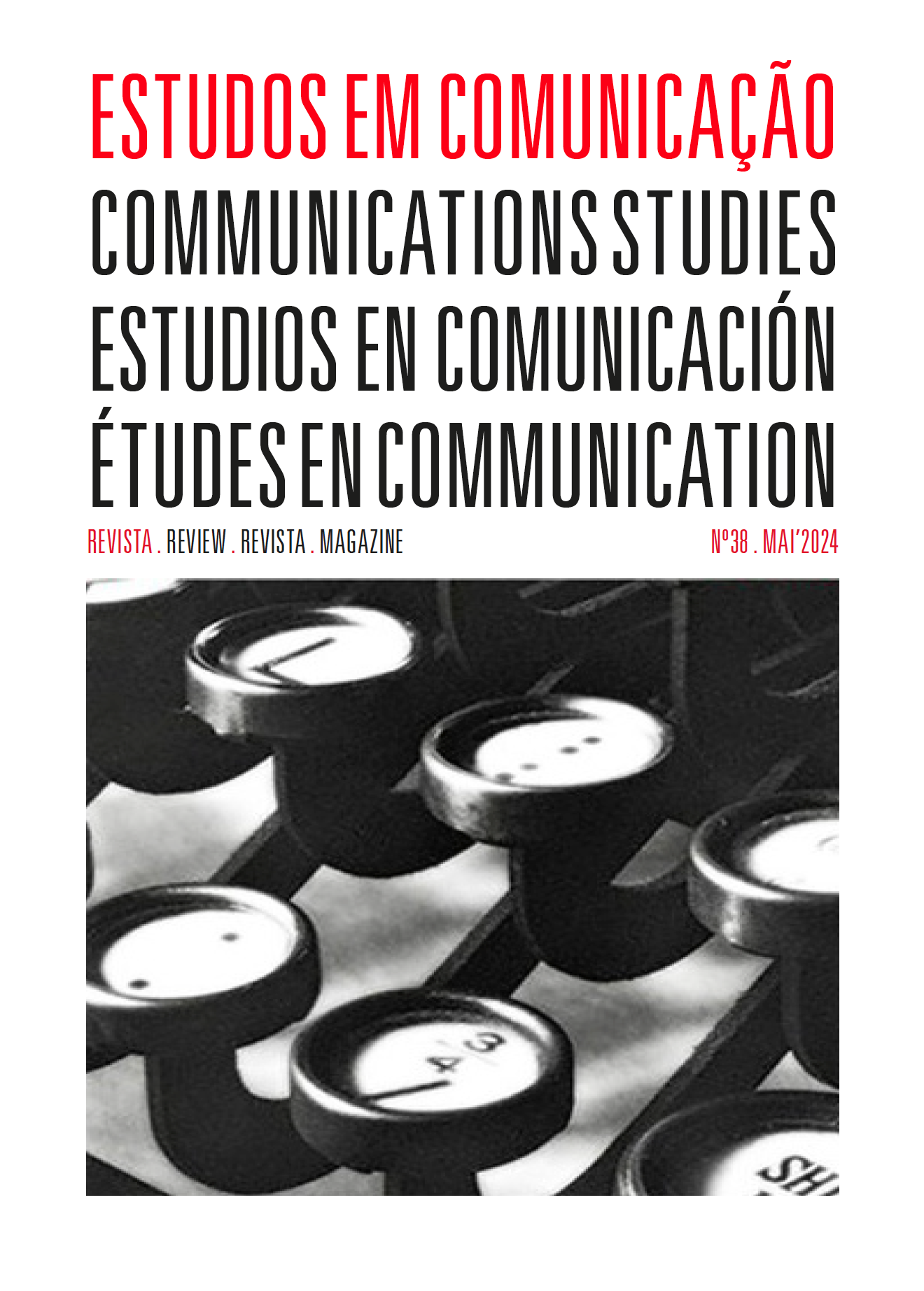Electoral disinformation in the middle of the campaign: nuances of post-truth and populism at the heart of Brazilian democracy
Abstract
The objective of this study is to understand the operation of disinformation based on the post-truth attributes and populist rhetoric that are part of the narratives defined as false by the agency fact-checking Lupa, from January to May 2022, about the Brazilian electoral process. The methodology used is content analysis (Bardin, 2002), with a sample consisting of 22 registration units and the establishment of analytical categories. The results indicate a predisposition of false information to confront specific institutions and figures, parties or ideological spectrum, allowing us to conclude that the political adherence of fallacious narratives to one of the presidential candidates and their appeal to conspiracy theories have cast doubt on the fairness of the electoral process and democracy itself.
Downloads
Published
Issue
Section
License

This work is licensed under a Creative Commons Attribution-NonCommercial-NoDerivatives 3.0 Unported License.
Estudos em Comunicação/Communication Studies is an Open Access journal. All its content is freely available without charge to the user or his institution. Users are allowed to read, download, copy, distribute, print, search, or link to the full texts of the articles in this journal without asking prior permission from the publisher or the author. Estudos em Comunicação, by Labcom, is licensed under a Creative Commons Atribuição-NãoComercial-SemDerivações 3.0 Unported License. By submitting your work to Estudos em Comunicação/Communication studies you confirm you are the author and own the copyright, that the content is original and previously unpublished, and that you agree to the licensing terms.


